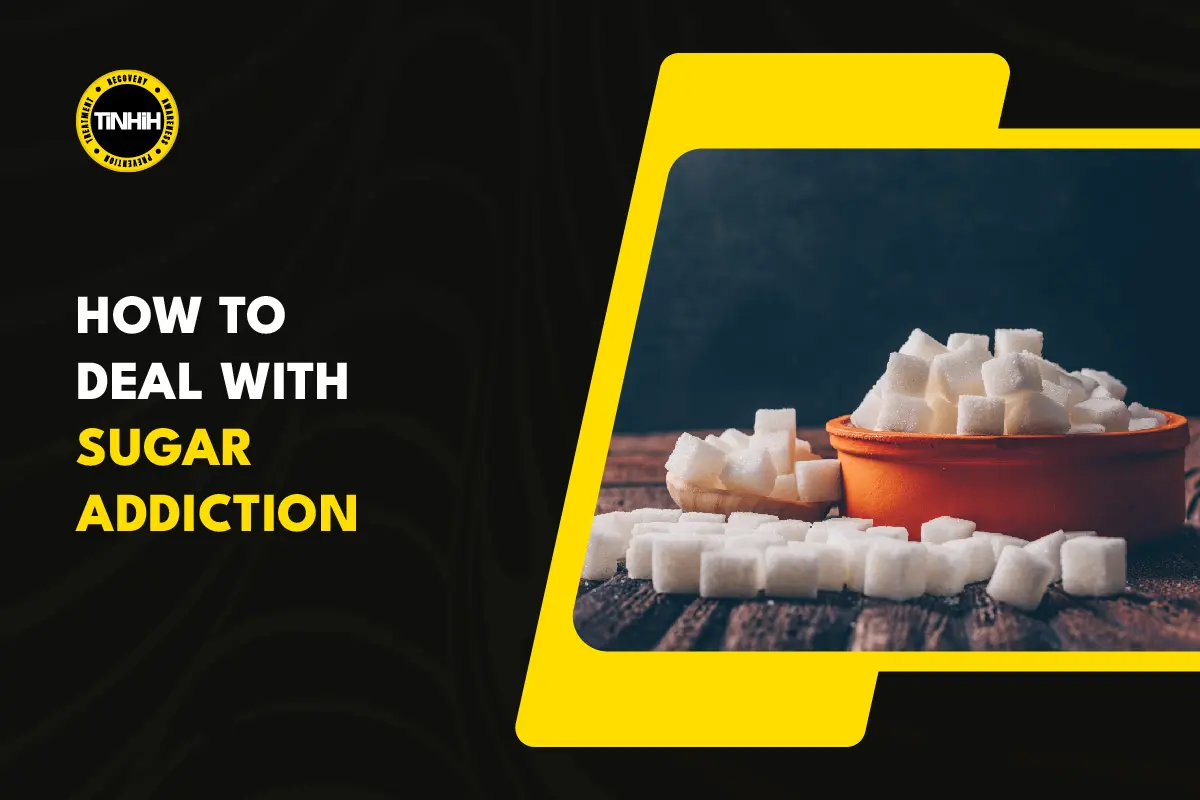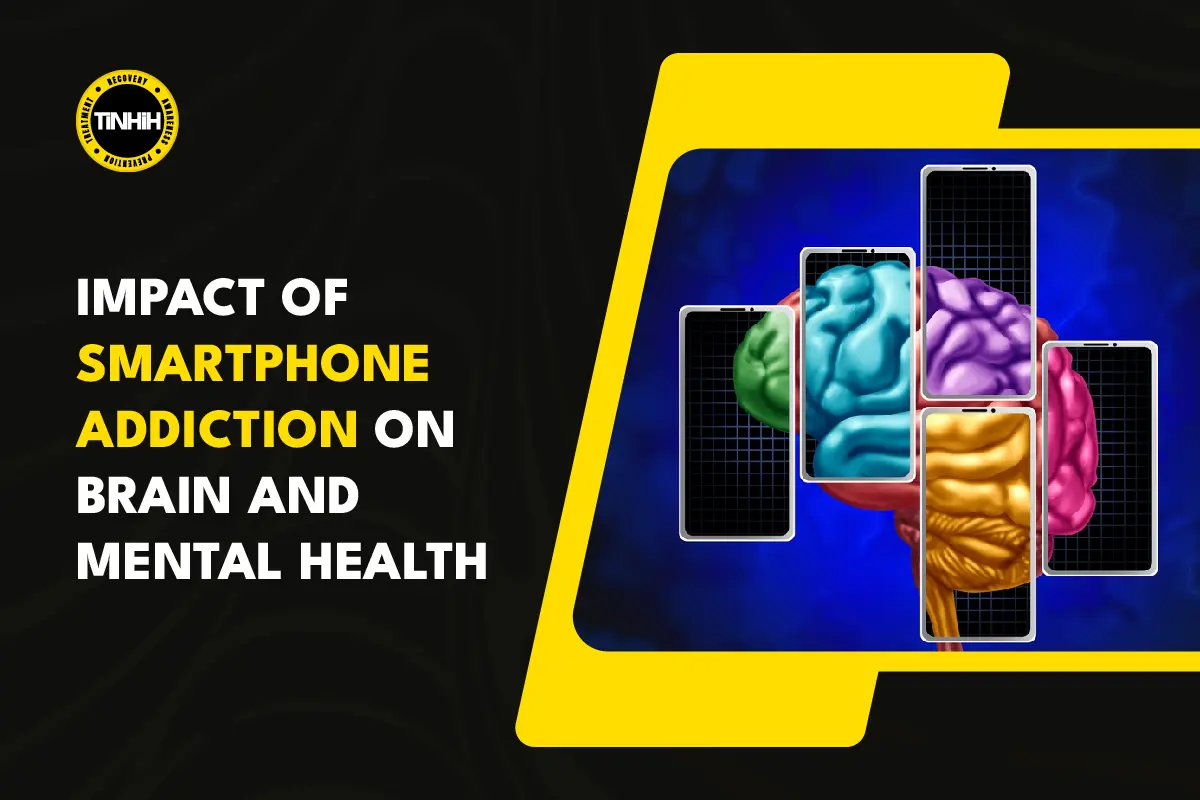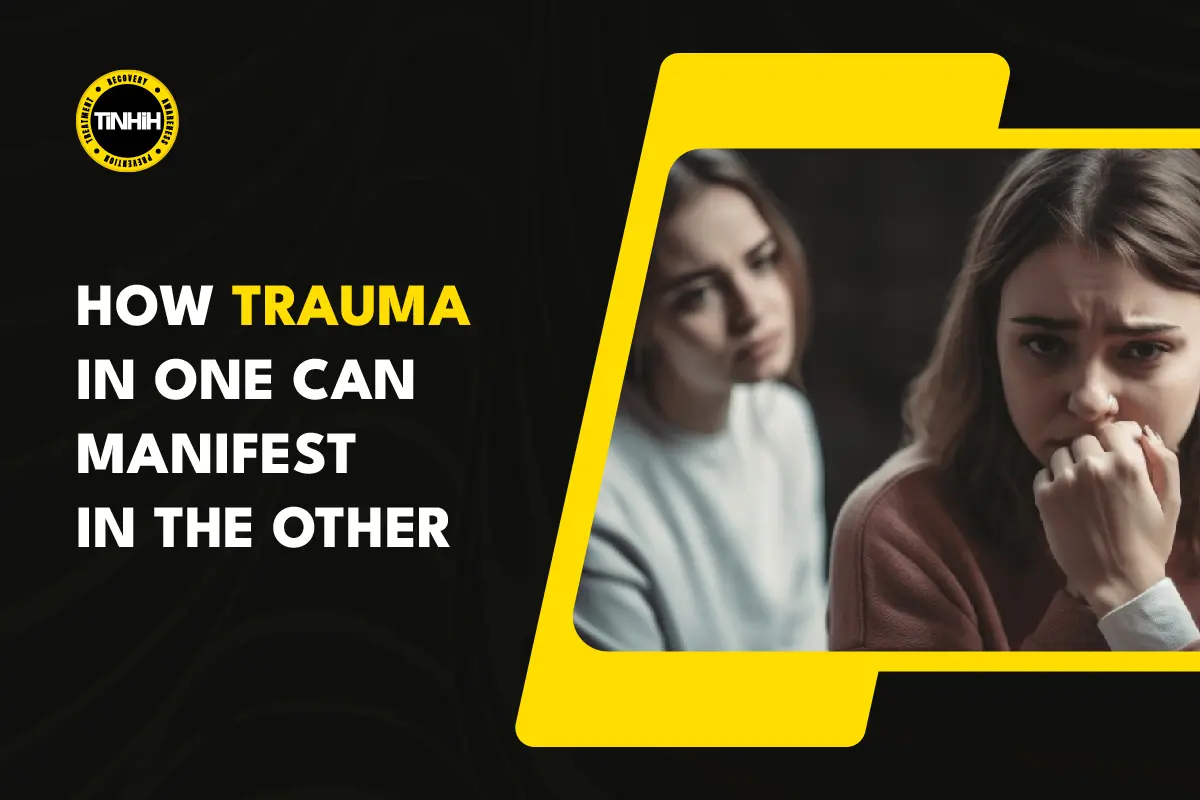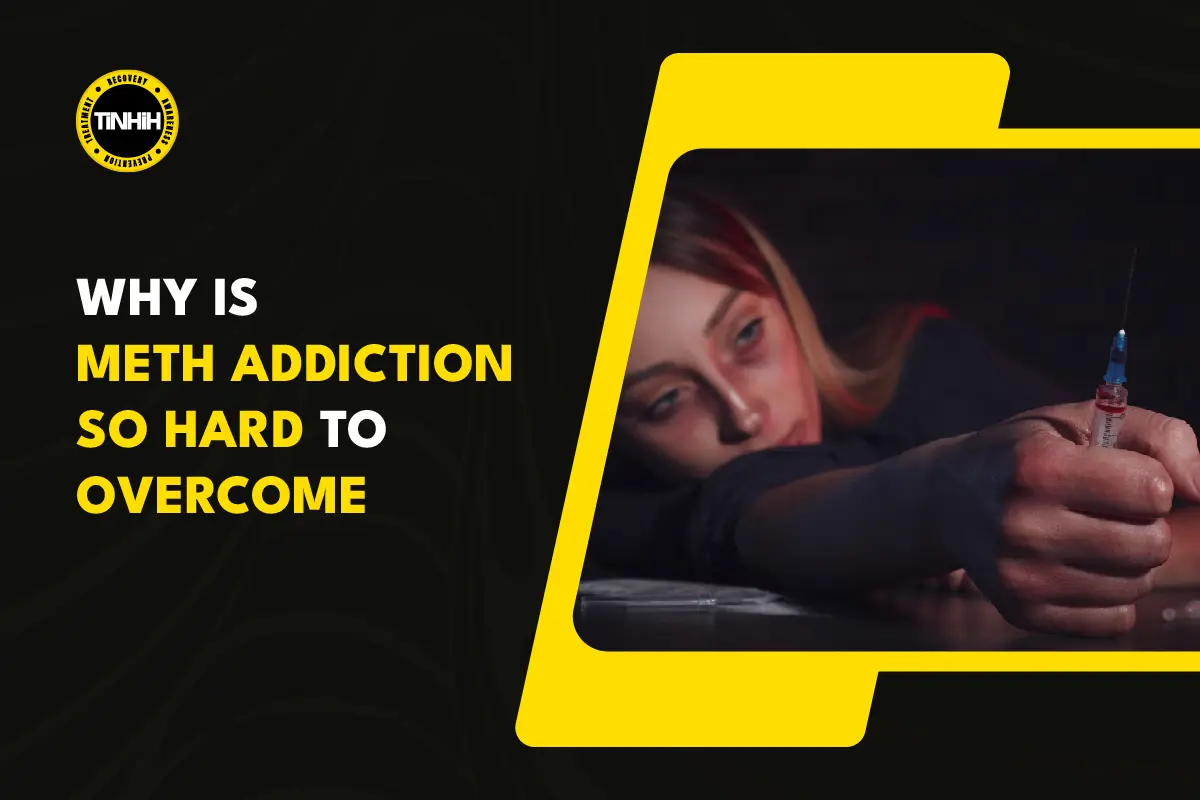
The Price Tag of Sobriety
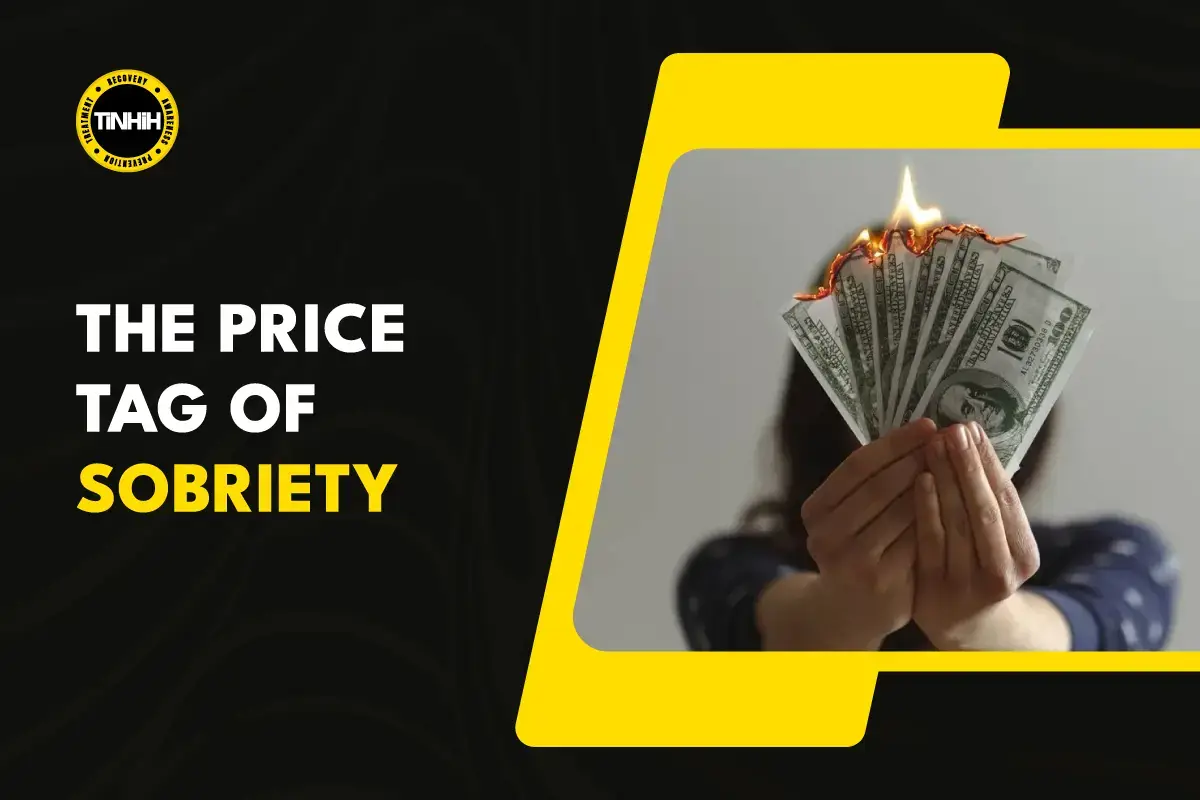
There are a lot of challenges that come with getting sober. There are the emotional challenges: facing past mistakes, removing toxic relationships from your life, learning forgiveness and overcoming resentment. There are the mental challenges: learning to manage the underlying issues that substances help mask, handling co-occuring mental illnesses, facing traumas. But there’s another huge obstacle that isn’t often talked about – and that’s the financial challenge that comes with overcoming addiction.
When someone is diagnosed with a physical sickness (diabetes, cancer, heart conditions) it is without hesitation that society responds, “You need to get treatment.” It’s black and white. Physical health comes before the price tag.
Not quite the same with matters of mental health.
Firstly, there’s the question of: “How do you even get treated?” There is no actual cure for addiction yet, and the most effective treatment method is still up for debate. To complicate the situation, most of those treatments cost a great amount of money – so where do you invest that money? Do you choose rehabs? Sober livings? Addiction-recovery-focused psychiatric treatment? People in recovery are often already financially struggling, yet we hit them price tags for a list of question-mark treatment options.
Secondly, insurance companies have a field day with mental health claims. Physical sickness comes with quantifiable test results (blood work, scans, etc); mental health does not. With mental health, doctors need to write their observations and use less numerical evidence to support a client’s need for insurance coverage, and the hard data doesn’t exist as easily. The result is that the big “DENY” stamp is a lot easier to press onto a mental health claim.
As one mental health professional explains, “I have worked as a clinician for 8 years. When I was an intern I was only allowed to work with one insurance. As I got licensed I was then able to work with more insurances, but only if I could get on their panel. Unfortunately, getting on an insurance panel is difficult, and even when I am accepted the insurance companies still ultimately decide which clients receive care. Large insurance companies get to decide if my clients get to continue treatment, and those companies seem to think that there is a timeline on mental health care.”
Seeking treatment for addiction is not as simple as finding the courage and humility to ask for help. It is so much more uphill than that. It is having the humility to ask for help, then having the support system or knowledge to determine the best course of help, and then having the financial background to actually afford that help.
While we might like to turn a blind eye and believe people can find addiction recovery through hard work and mental health treatment alone, the reality is that it also takes a pretty hefty bank account.
Then we add in the justice system variable. Whether or not you agree that people recovering from addiction should have legal consequences or not – the fact remains that legal repercussions cost thousands. This is not just lawyers, court fees, and fines. This is also the cost of getting court-required help: breathalyzers for vehicles, drug tests, transportation for drug tests / therapy / out-patient treatment. These add-ons are woven into the justice system in an attempt to help people in recovery get support instead of punishment; however, when these add-ons are simultaneously drowning people in financial debt, they are also creating brand new holes that a person fresh in recovery will have to dig out of.
Ultimately, people who want to get sober aren’t just faced with the challenge of getting sober, they’re faced with the challenge of the price tag of sobriety. We often cast a judgmental eye on the faces of those who don’t seek help – and we forget that seeking help not only takes inner strength, but it often takes a big wallet.
The more we understand about the challenges that people in recovery face the more we can look at the people in recovery with understanding in place of judgment. This isn’t as easy as “I want help,” it is also a matter of, “How do I possibly get that help?”
